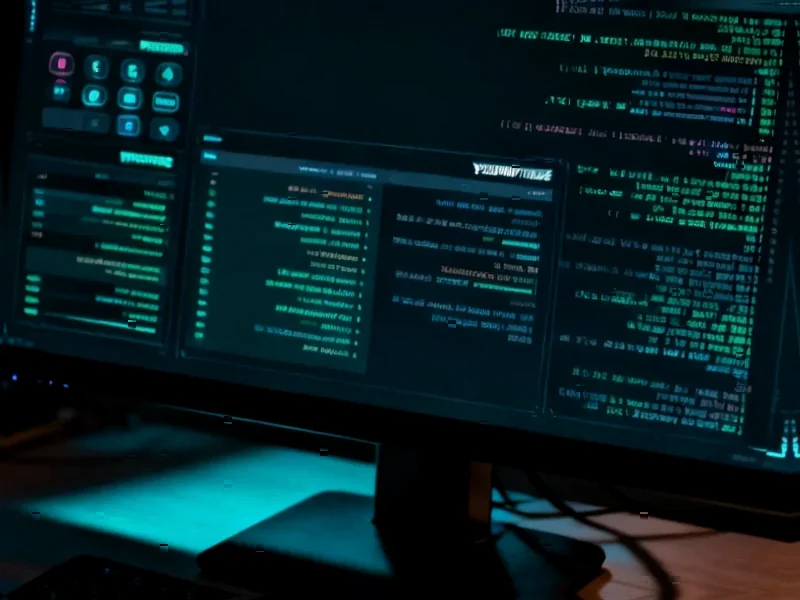According to Forbes, Wisconsin lawmakers are escalating their war on privacy by targeting VPNs in the name of “protecting children,” which could make Wisconsin the first state where using a VPN to access certain content is banned. The UK is following a similar path, leaking government thinking on VPN restrictions after its online safety laws earlier this year mandated age verification for adult content. Pornhub reports UK users are down 77% as 10 million UK citizens suddenly installed VPNs to pretend to be elsewhere. The Electronic Frontier Foundation warns this is a “privacy nightmare” that’s actually happening, with websites facing impossible choices between ceasing operation in Wisconsin or blocking all VPN users globally. This represents a fundamental misunderstanding of how the global internet works, with one state’s law potentially breaking VPN access for the entire internet.
The technical impossibility
Here’s the thing that lawmakers don’t seem to grasp: what they’re asking for is technically impossible. Websites literally cannot tell if a VPN connection is coming from Milwaukee, Michigan, or Mumbai. They just see an IP address from a VPN provider’s server pool. So when politicians demand that websites “block VPN users from Wisconsin,” they’re asking for something that can’t be delivered without collateral damage to everyone everywhere.
And we’ve seen this movie before with porn bans. The technology just doesn’t work that way. When you make content harder to access, people find workarounds. In this case, 10 million UK citizens installing VPNs proves that point dramatically. Rather than protecting anyone, these measures just push people toward privacy tools while making the internet more fragmented and less secure for everyone.
Surveillance dressed as safety
Look, here’s the pattern that’s emerging globally. Serious crime and terrorism arguments didn’t convince the public to accept draconian measures. So now everything gets rebranded as “child safety.” It’s the perfect shield because who wants to argue against protecting kids? But as the EFF puts it, “The answer to ‘how do we keep kids safe online’ isn’t ‘destroy everyone’s privacy.'”
We’re seeing this play out in multiple arenas simultaneously. Device-side message screening is gaining political momentum in Europe (remember the chat control debates?), the UK has been dismantling “warrant-proof encryption” for file storage, and Google reversed its deprecation of tracking cookies while unbanned digital fingerprinting. It’s death by a thousand cuts for digital privacy.
The unintended consequences
So what happens if Wisconsin’s law passes? Websites subject to this proposed law face an impossible choice: either cease operation in Wisconsin entirely, or block all VPN users globally. Think about that for a second. One state’s poorly conceived law could break VPN access for the entire internet. The unintended consequences would far outweigh any theoretical benefit.
And who gets hurt most? Journalists, activists, abuse survivors, and anyone living under oppressive regimes who rely on VPNs for basic safety. Basically, the very people who need privacy tools the most would find themselves collateral damage in a war they never signed up for.
Where this leads
The direction of travel here is deeply concerning. Governments are pulling threads that would have been unthinkable just a few years ago—banning VPNs in the US, making UK iCloud users less secure than those in China, scanning every message before it’s sent in Europe. We’re witnessing the slow erosion of hard-fought privacy protections, and once they’re gone, they’re incredibly difficult to get back.
This isn’t just about accessing adult content. It’s about whether we’ll have any digital privacy left in five years. The walls we’ve built around our digital lives are becoming vulnerable, and the people tearing them down don’t seem to understand what they’re destroying in the process. That’s the real nightmare here.




